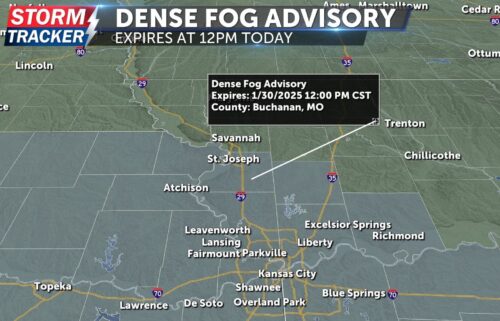K-State vet center won’t treat poultry, wild birds with bird flu surge
By The Manhattan Mercury, Kan. (TNS)
Dec. 30—The K-State Veterinary Health Center is putting a pause on treatment of poultry and wild birds with the resurgence of bird flu in Kansas and the rest of the country.
Officials said the step is a precautionary measure to protect staff members and other health patients — including other bird and mammal species — from potential exposure.
Center veterinarians will continue seeing pet birds that live indoors like parrots and canaries.
Highly pathogenic avian influenza, or bird flu, is a highly contagious viral disease that affects a wide range of bird species and can cause severe illness and sudden death. Symptoms in birds include coughing, sneezing, nasal discharge, and other signs of respiratory distress; lack of energy and appetite; decreased water consumption; decreased egg production and/or soft-shelled, misshapen eggs; loss of coordination; and diarrhea. It also can cause sudden death in birds even if they aren’t showing other symptoms.
There have been avian influenza outbreaks among birds in all 50 states.
The Centers for Disease Control and Prevention recently has reported that bird flu also can impact certain mammal species, including humans. CDC officials currently consider bird flu to be a low risk to public health.
The Kansas Department of Agriculture announced Dec. 18 it had identified bird flu in game bird operations in Doniphan and Rooks counties, marking the first commercial operations in Kansas with bird flu since early spring. The virus also was found this fall in wild birds and some backyard flocks across the state. KDA officials said they put the two operations under quarantined and humanely depopulated and disposed of affected birds to prevent the spread of the disease.
Bird flu has transferred to dairy herds in 16 states and caused illness in some people in the U.S. The CDC reports there have been 66 cases in humans but none in Kansas. There have been 10 confirmed cases in Colorado and one in Missouri, but the CDC says there has been no person-to-person spread.
K-State Veterinary Health Center officials advised poultry owners to visit the KDA webpage about bird flu to find resources on enhancing biosecurity measures to protect flocks as well as contact information to use in case a bird shows signs of avian influenza.
Poultry species include chickens, turkeys, quail, pheasants and waterfowl.
Anyone who finds an injured or dead wild bird should contact the Kansas Department of Wildlife and Parks and be prepared to provide a game warden with details on the exact location of the bird, its species and a description of the problem.
(c)2024 The Manhattan Mercury, Kan.
Visit The Manhattan Mercury, Kan. at www.themercury.com
Distributed by Tribune Content Agency, LLC.



